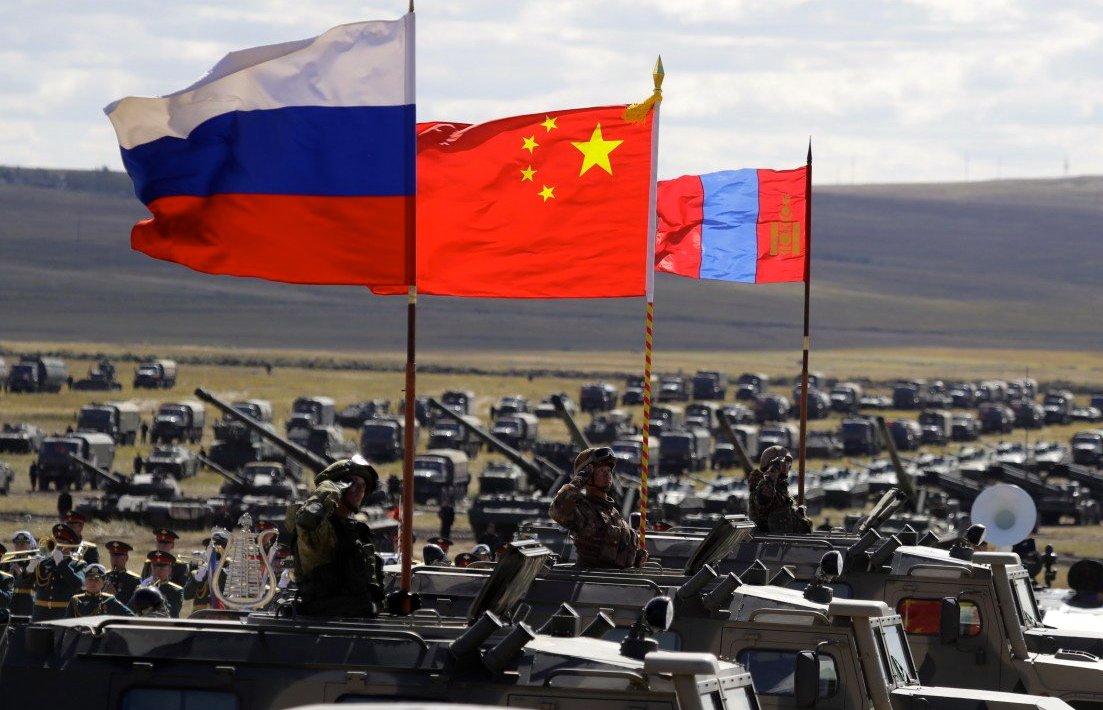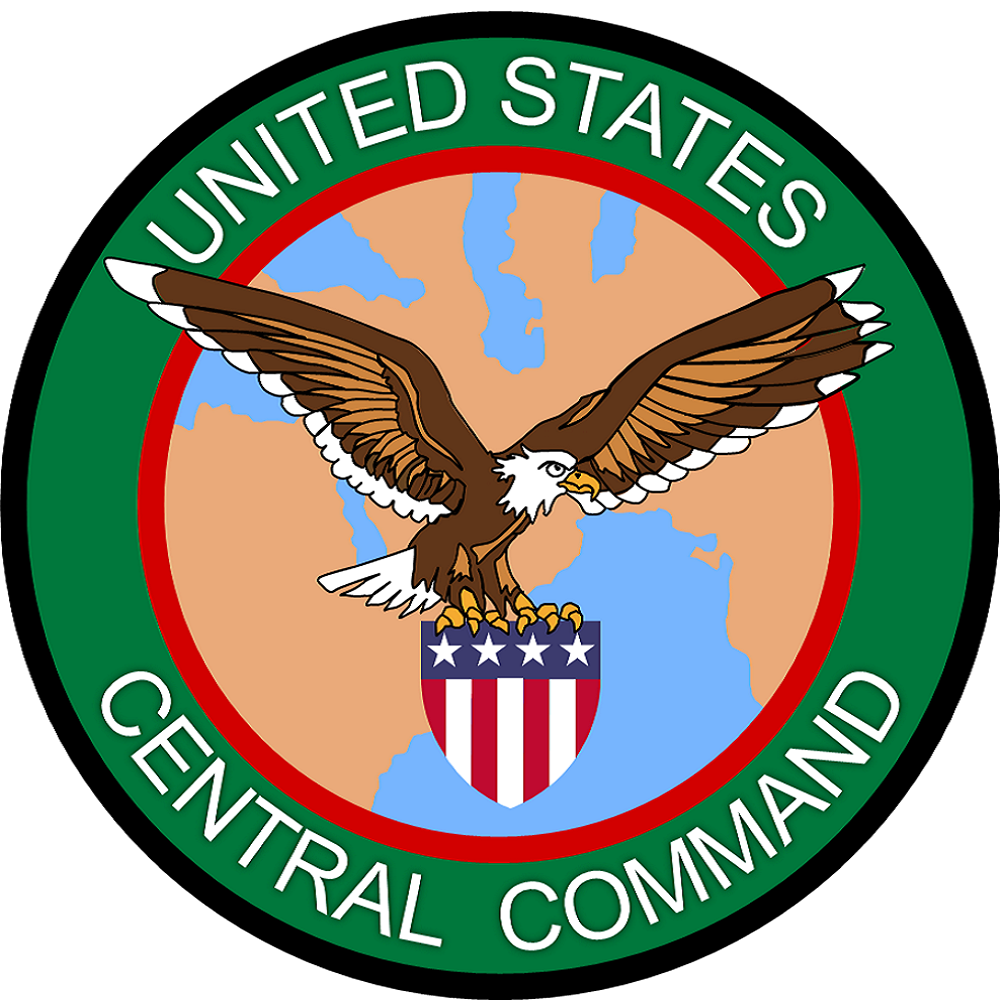Reading between the lines in the ECHR Grand Chamber's ruling, one can notice that, despite the judges diplomatically declaring that they were not going to touch upon the issue of "genocide" (well, the lower chamber declared the same, but still made critically important statements on the issue), they, in fact, expressed their opinion. They did this indirectly and delicately, though, but they still did.
First, the decision reads: "...there was no international law obligation for Switzerland to criminalise such statements".
Obviously, by "such" the Court means statements specifically rejecting the "Armenian genocide". At the same time, Article 261 bis §4 of the Swiss Criminal Code criminalises the denial of "genocides", without specifying them. Getting away with the denial of the Holocaust, Tutsi genocide in Rwanda, and Bosnian Muslim genocide in Srebrenitsa is very unlikely, the punishment is almost certain, and the ECHR will hardly help that individual, because those three cases represent the legally (not politically) established facts of genocide. Then, the question is, why did the ECHR acquit Mr. Perinçek, if there is a special resolution of the Swiss parliament's lower chamber on the recognition? The answer is plain to see: parliamentary resolutions do not establish the fact of genocide, only international tribunals do. The reason why the ECHR puts the Armenian case in a different basket is apparent: it distinguishes between legal and political recognitions, though it does not say this openly.
When the Grand Chamber says "there is no international law obligation for Switzerland to criminalise such statements", it means Article 261 bis DOES apply to the genocide cases involving Jews, the Roma, Tutsis, and Bosnian Muslims, contrary to the case of Armenians. The reasons for this are outlined in the ECHR's previous decision (Second Chamber decision), which the Grand Chamber, by not having given a ruling contrary to Switzerland's appeal, kept valid.
Thus, if anyone denies legally established cases of genocide, the Court will rule that Switzerland does have the international obligation to criminalise such statements, which is not the case with rejecting the Armenian narrative. This is a very important distinction.
Second, the Grand Chamber notes: "the Swiss courts appeared to have censured Mr. Perinçek simply for voicing an opinion that diverged from the established ones in Switzerland".
What are the key words in this quotation? The key words are OPINION and ONES. The Court does not say Mr. Perinçek voiced what diverged from the "established historical fact". It referred to an OPINION which is different from the ONES (which are OPINIONS themselves) generally established in Switzerland.
Thus, the Court calls the "Armenian genocide" story an opinion, not a fact. And this is the core of the dispute between Armenians and Turks; whether the "Armenian genocide" is an established historical fact or just an opinion.
This is yet another expression of the Court's position that the Armenian legal team rushes to deny.
Third, "while in cases concerning statements in relation to the Holocaust, the Court had — for historical and contextual reasons — invariably presumed that they could be seen as a form of incitement to racial hatred, it did not consider that the same could be done in this case", reads the final verdict.
Is this not yet another clear differentiation between the Holocaust and the 1915 events? Any statement of denial of the Holocaust leads to an automatic presumption of inciting racial hatred, which is not the case rejecting the Armenian narrative about the 1915 events. The Court openly drew a clear distinction between the two cases by specifically making an explanation regarding Holocaust denial.
And what comes next just reinforces the Court's point: "The context did not require automatically to presume that Mr. Perinçek's statements relating to the 1915 events promoted a racist and antidemocratic agenda..."
Meaning, if any individual just plainly states "the Armenian genocide is an international lie" without adding inflammatory racist or xenophobic remarks, this will not amount to the promotion of an unacceptable antidemocratic agenda. However, with the statement "the Holocaust is a lie", the presumption of a racist agenda will be automatic. One should not even try to test this in practice, since doing so will result in a jail sentence.
Fourth, para 271 of the Grand Chamber's decision draws clear distinction between the legal definition of a "genocide" reflecting the well-founded FACT defined by international instruments (such as Article II of UN Convention on Genocide, Article 6 of the Rome Statute, etc.) and the political recognition, which reflects rather the prevailing VIEW in the society, expressed primarily by parliaments (such as resolutions), expert reports, various textbooks. Obviously, there is a crucial difference between the two. Members of parliament state the views generally established in the society (which may not always be the case), but the adopted non-binding declarations do not automatically translate the VIEW into an undeniable FACT, which in case of a crime must be referred to the realm of international law. The ECHR judges were simply not sure based on what the Swiss courts penalised Mr. Perinçek — "for disagreeing with the legal qualification ascribed to the events of 1915 [...] or with the prevailing views in Swiss society on this point"? In the former case, the Grand Chamber has ruled, the Swiss courts should have analyzed the applicability of the genocide term to the Armenian case in the context of those international instruments, which they have not done. "In the latter case, [Mr. Perinçek's] conviction must be seen as inimical to the possibility, in a "democratic society", to express opinions that diverge from those the authorities or any sector of the population". Thus, the Court ruled that the mere adoption of a parliamentary resolution (which reflects a VIEW, not a FACT) is not sufficient to link it to the Penal Code, which is, normally, based on legal definitions. Putting aside yet another instance of the ECHR's calling of the Armenian narrative a VIEW, the judges once again distinguished between the "Armenian genocide" claim and the legally established facts of genocide.
Fifth and finally, the fact that the Court based its final acquittal of Perinçek on Article 10 of the European Convention on Human Rights is an indirect, but a very clear admission by the Court that it considers various assessments of the events during WWI to represent opinions, not well-established historical or legal facts. Rejecting the Armenian narrative is legally permissible due to the right guaranteed by Article 10. However, hiding behind Article 10 in order to deny the established historical facts of the Holocaust and the other mentioned cases of genocide will not help anyone. Less than a month after the Grand Chamber's historic decision on the Perinçek case, the ECHR firmly refused to apply the same Article 10 to acquit Dieudonné M'Bala M'Bala for his denial of the Holocaust, which was yet another clear message that the European court does not put an equal sign between the Shoah and the Armenian story (see: http://www.humanrightseurope.org/2015/11/european-court-dieudonnes-show-as-dangerous-as-a-head-on-and-sudden-attack/ ).
Conclusion:
The Grand Chamber, having ruled against Switzerland's appeal, thus, left the previous ruling intact and confirmed its validity with all the doubts regarding the Armenian allegations contained in the decision;
In its own ruling, the Grand Chamber expressed in several instances its position about the ongoing debate between Armenian and Turkish communities whether the "Armenian genocide" is a well-established historical fact or just an opinion (or view). The arguments outlined above clearly indicate that, contrary to what Mr. Geoffrey Robertson and Ms. Amal Clooney are trying to assure their client, the government of Armenia, the Court actually does not share the Armenian position regarding the 1915 events.
Therefore, the ECHR's ruling is the first ever LEGAL and the final decision in the long debate which can be summarised in one phrase: the narrative of an "Armenian genocide" is not a fact.
© 2009-2025 Center for Eurasian Studies (AVİM) All Rights Reserved
Henüz Yorum Yapılmamış.
-
HEDEF EL HAŞİMİ Mİ, KERKÜK MÜ?
Mehmet KANCI 12.09.2012 -
 ASBAREZ'DE 27.01.2026 TARİHİNDE YAYINLANAN "LAWSUIT AGAINST TURKEY ON SIS CATHOLICOSATE RETURN STILL ONGOING" BAŞLIKLI HABERLE İLGİLİ HUKUKİ DEĞERLENDİRME - 09.02.2026
ASBAREZ'DE 27.01.2026 TARİHİNDE YAYINLANAN "LAWSUIT AGAINST TURKEY ON SIS CATHOLICOSATE RETURN STILL ONGOING" BAŞLIKLI HABERLE İLGİLİ HUKUKİ DEĞERLENDİRME - 09.02.2026
Sevgi Gül AKYILMAZ 09.02.2026 -
 AVRASYA’DA İVEDİ İŞBİRLİĞİNE DAYALI YENİ BİR GÜVENLİK DÜZENİ GEREKSİNİMİ - HÜRRİYET DAILY NEWS - 19.10.2018
AVRASYA’DA İVEDİ İŞBİRLİĞİNE DAYALI YENİ BİR GÜVENLİK DÜZENİ GEREKSİNİMİ - HÜRRİYET DAILY NEWS - 19.10.2018
Teoman Ertuğrul TULUN 24.10.2018 -
 BEYOND ARMENIA'S 'VELVET REVOLUTION' - WASHINGTON TIMES - 26.03.2019
BEYOND ARMENIA'S 'VELVET REVOLUTION' - WASHINGTON TIMES - 26.03.2019
Jacob KAMARAS 28.03.2019 -
 CENTCOM, EUCOM AND US’ TÜRKİYE DILEMMA - 16.10.2022
CENTCOM, EUCOM AND US’ TÜRKİYE DILEMMA - 16.10.2022
Deniz ÜNVER 17.10.2022


